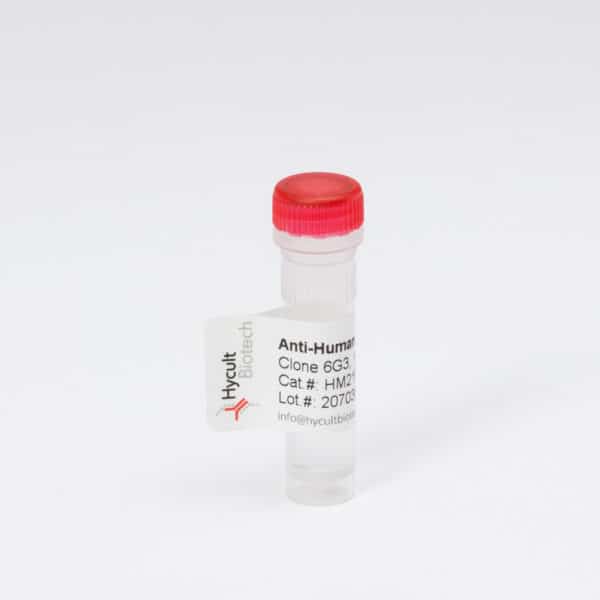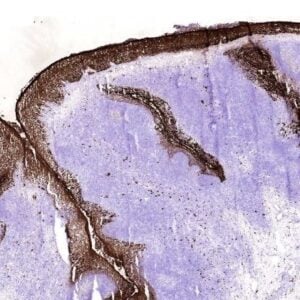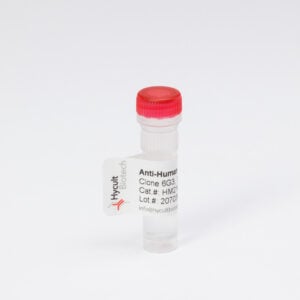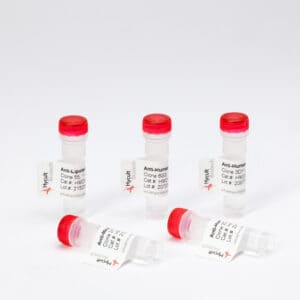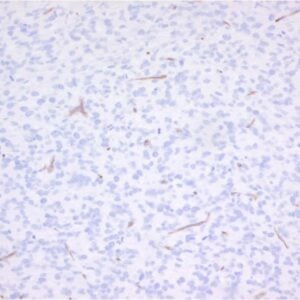Catalog # HM1103
CD200R3, Mouse, mAb Ba103
€133.00 – €8,873.00
Please choose the quantity of items you wish to add to your cart…
Application
Flow cytometry, Functional studies, Immuno precipitation, Western blot
Application Notes
WB: reduced and non-reduced MC/9 lysate; band size 38kDa under reducing conditions and 74 kDa under nonreducing conditions
FC: Basophils and mast cells; no fixation needed
FS: antagonist in basophil-mediated allergic reactions; a single intravenous administration of 30 µm antibody . The biological activity of the antibody is drastic reduction in the basophile number in the peripheral blood and spleen, to approximately 20% of the normal level; also useful for mast cell degranulation; readout by measuring hexosaminidase activity
IP: mast cells were lysed with 1% NP-40 containing lysis buffer with proteinase inhibitor mixture before incubation with the antibody
FC: Basophils and mast cells; no fixation needed
FS: antagonist in basophil-mediated allergic reactions; a single intravenous administration of 30 µm antibody . The biological activity of the antibody is drastic reduction in the basophile number in the peripheral blood and spleen, to approximately 20% of the normal level; also useful for mast cell degranulation; readout by measuring hexosaminidase activity
IP: mast cells were lysed with 1% NP-40 containing lysis buffer with proteinase inhibitor mixture before incubation with the antibody
Use
For flow cytometry, Western blotting and immuno precipitation, dilutions to be used depend on detection system applied. It is recommended that users test the reagent and determine their own optimal dilutions. The typical starting working dilution is 1:50. For functional studies, in vitro dilutions have to be optimized in user’s experimental setting.
Positive Control
MC/9
Product type
Monoclonal antibodies
Amount
1 mg, 10 mg, 100 µg, 20 µg, 5 mg, 500 µg
Formulation
Quantities >500 µg will be send without preservative and carrier free. Quantities <500 µg will be send with preservative and carrier. exact formulation can be found on the datasheet.
Immunogen
Mouse primary basophils; cell-enriched bone marrow cells
Isotype
Rat IgG2b
Species
Mouse
Alias
CD200 receptor-like 3, CD200RLb, cell surface glycoprotein OX-2 receptor 3
Storage and stability
Product should be stored at 4 °C. Under recommended storage conditions, product is stable for one year.
Precautions
For research use only. Not for use in or on humans or animals or for diagnostics. It is the responsibility of the user to comply with all local/state and federal rules in the use of this product. Hycult Biotech is not responsible for any patent infringements that might result from the use or derivation of this product.
Disease
Autoimmunity
Gene
Uniprot Q5UKY4 Gene ID 74603
